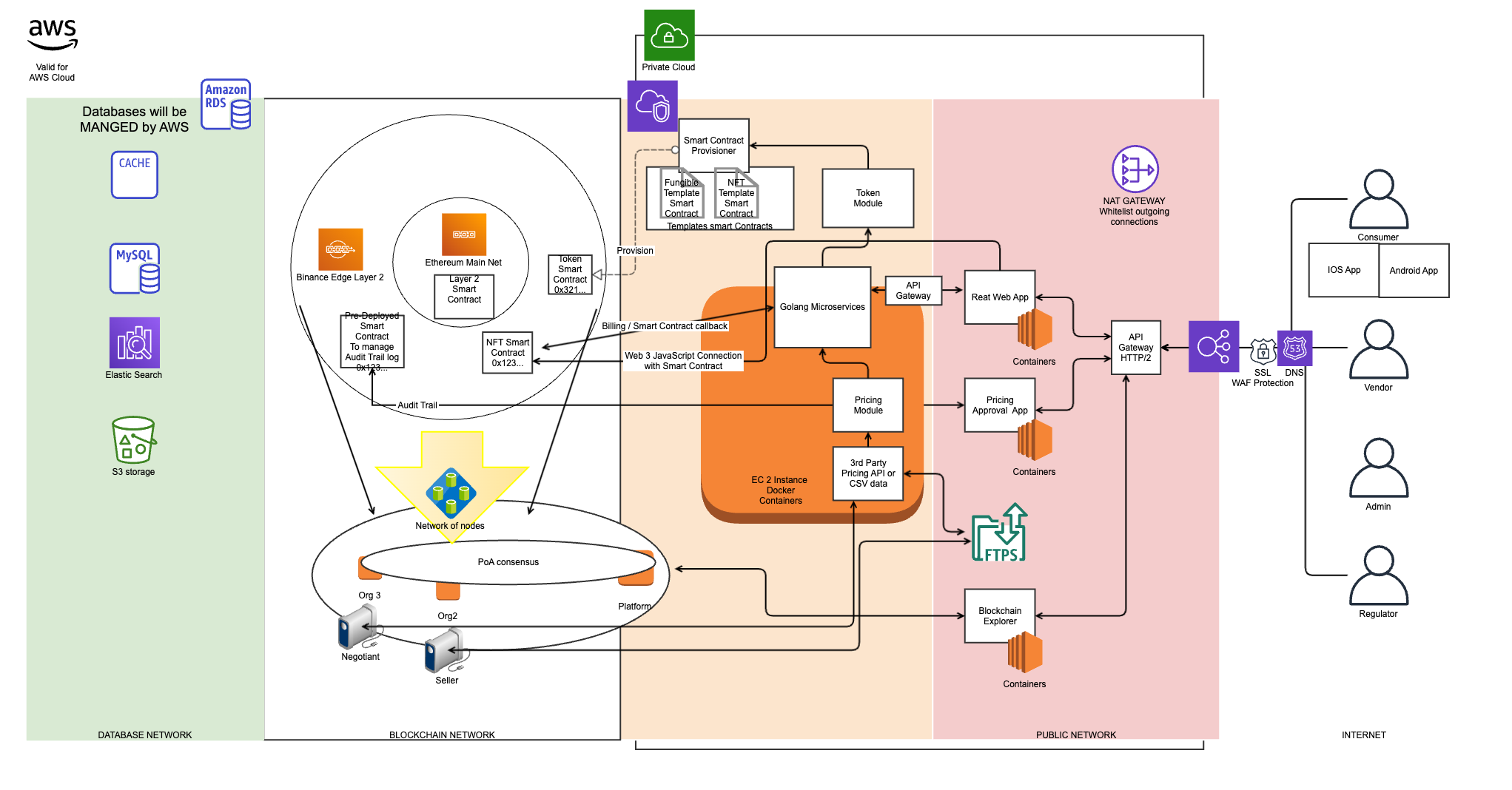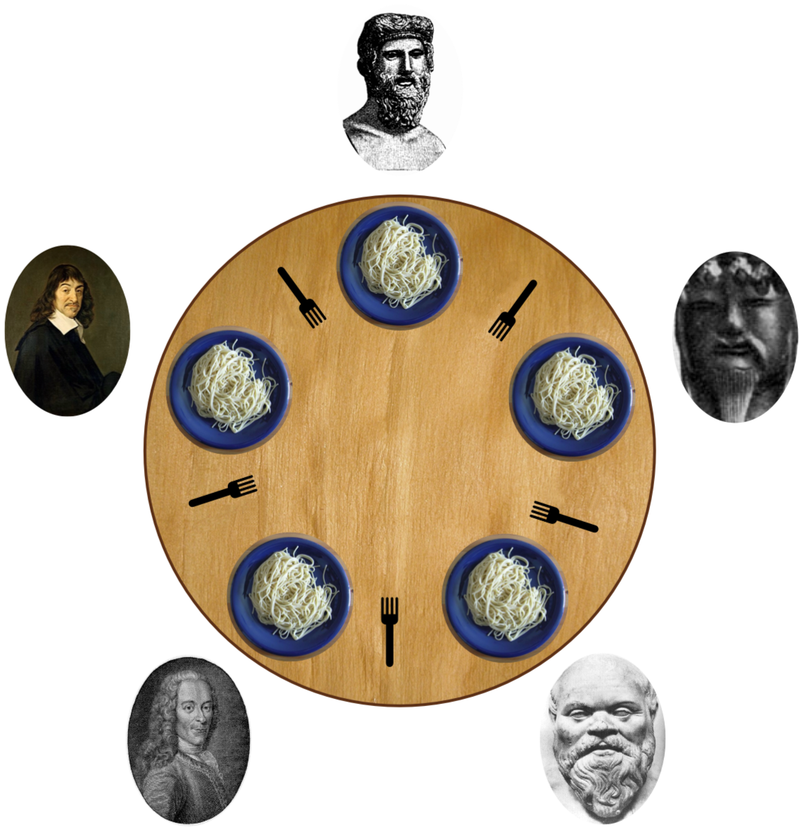
Blockchain - The Architecture of Asset Tokenization
Intro Asset tokenization has emerged as a transformative concept that revolutionizes the way we perceive and interact with traditional assets. By converting real-world assets into digital tokens, tokenization enables fractional ownership, enhances liquidity, and opens up new avenues for investment. This article provides an in-depth exploration of the architecture underlying asset tokenization platforms, elucidating the key components and their interconnections. Through this comprehensive analysis, we aim to shed light on the technological infrastructure that powers the seamless tokenization of assets and facilitates the growth of a digital ownership economy. ...




